In June of 2021 I was pregnant with my 14th child. After having birthed 14 children, I was familiar with labor and delivery and how my body responded to each. Towards the end of this pregnancy, I knew something was wrong and went to the hospital repeatedly, but was turned away each time. It felt like my water had broken, but at each visit, the doctor would say, “I’m sorry, your water didn’t break,” but I knew it did. Why didn’t they believe me? Later, I would learn that my water had broken and that I was developing something called an amniotic fluid embolism.
The Weeks Leading Up to the Amniotic Fluid Embolism
I don’t have any memories of June, but I have my text messages that I wrote to various family members and friends. June 17th was the final day I went to the hospital without being sent home. The doctor decided to “have a look” – finally. She said that I had a slight tear in my bag of water and that when I sat down or stood up my baby’s head was “blocking the tear, essentially his head was acting like a cork.” With this, they finally kept me at the hospital. I was 40 weeks, 1 day pregnant on June 17th.
The doctor got really busy in the O.R. and so I didn’t get induced until later that night or very early June 18th. When I was induced, all hell broke loose. Thankfully, I don’t remember much. I am told that I had a seizure and then went into cardiac arrest. I was rushed to the O.R. where my obstetrician performed an emergency C-section. They had my son out within 4 minutes from the time I began to seize.
I began to hemorrhage soon after they delivered my son. Unfortunately, my obstetrician had no clue what was going on with me. So she decided to remove my ovaries, fallopian tubes, and uterus. That didn’t stop the hemorrhaging. Even if she had have removed all of my organs, it wouldn’t have stopped the hemorrhaging. I had an amniotic fluid embolism, unbeknownst to my obstetrician. In this type of embolism, amniotic fluid, along with other material, like fetal cells, enter the mother’s bloodstream causing all sorts of problems, many of which I had been complaining about prior to the delivery. The sensation of my water having broken and the confirmation of the slight tear, which had developed some time earlier in the month, should have been an indication that something was wrong. Some research shows, 78% of cases amniotic embolism develop from ruptured membranes, a third of them, spontaneous like mine. Together with the seizures and sudden cardiovascular collapse that I experienced when induced, this pointed towards a possible amniotic embolism. According to the research, this type of embolism develops in about 1 in 8000, pregnancies, but is likely underreported because of misdiagnosis.
Total Hysterectomy for Amniotic Fluid Embolism?
While I am lucky to have survived the amniotic fluid embolism, many women do not, the total hysterectomy, performed to stop the hemorrhaging, has destroyed my life. I have spoken with many women from across the world who have suffered from an amniotic fluid embolism. Many of them still have their female organs. Why didn’t I? I still don’t understand why they decided to take everything out. A total hysterectomy that includes the removal of one’s ovaries, has devastating consequences to all aspects of a woman’s health, especially mental health.
When I came home from the hospital, I knew that I was no longer the mother of 14 children. I was no longer a wife. I was no longer me.
Our son will be 5 months old in a few days. I have yet to bond with him. I see the sadness in his eyes and it destroys me over and over again. When my obstetrician made this decision, she didn’t just destroy my life, but the lives of 15 other people. Every day I ask God, “Why am I here?” I don’t want to be here. The mental problems this has caused are disastrous. The physical problems are horrible. Headaches, backaches, pain in my neck, legs, prolapsed bladder, unbelievable heart palpitations, and extreme fatigue, to name a few.
The psychological impact this has had on me is sad at best. I don’t know how to love people anymore. Not even my own children or husband. I can’t handle being around people.
For anyone ever considering a complete hysterectomy as an elective surgery, please reconsider! I have sought out a naturopathic doctor and physiotherapist to help with all of my problems. I wish I could say that I am having great success, but it hasn’t happened yet. I don’t know if it will. My only saving grace is my faith in God. Thank you for reading. God bless.
We Need Your Help
More people than ever are reading Hormones Matter, a testament to the need for independent voices in health and medicine. We are not funded and accept limited advertising. Unlike many health sites, we don’t force you to purchase a subscription. We believe health information should be open to all. If you read Hormones Matter, like it, please help support it. Contribute now.
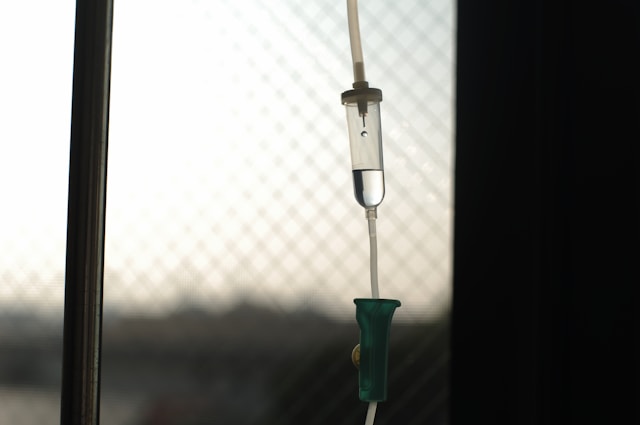



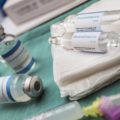
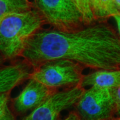




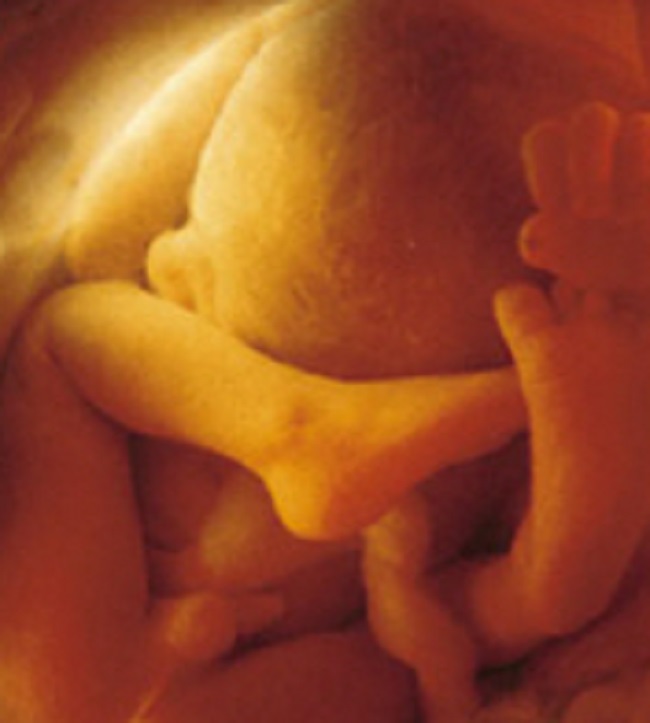
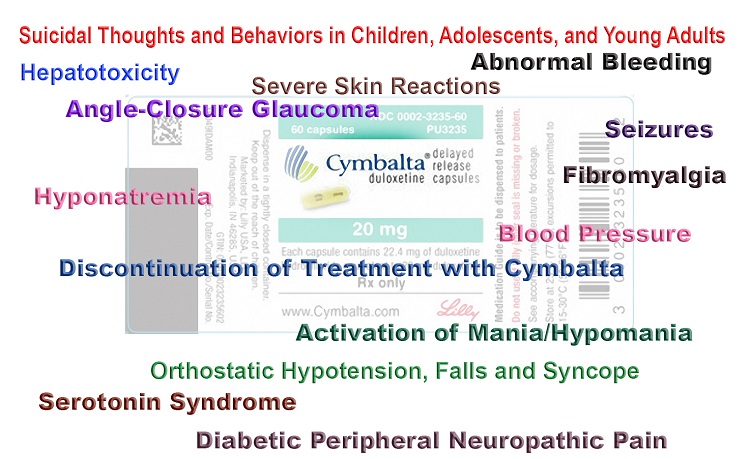

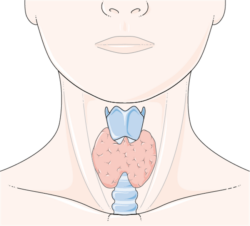


Thank you for caring ❤ It has been a long hard road for myself, husband and children. I really would love to tell you that things have gotten better, but they haven’t…yet. My only hope I have left is God. I have nowhere else to turn. He is mighty to heal, that I know. I pray that you find healing. ?
I am so very sorry this was done to you! I know all too well the devastating effects. My organs were removed for a benign ovarian cyst by my gyn whom I had trusted for 20 years. I suspect a big contributing factor (besides money) was to train gyn residents who must do at least 85 hysterectomies to graduate (sad but true).
I hope you can get the help you need to be the mom and wife your family needs.